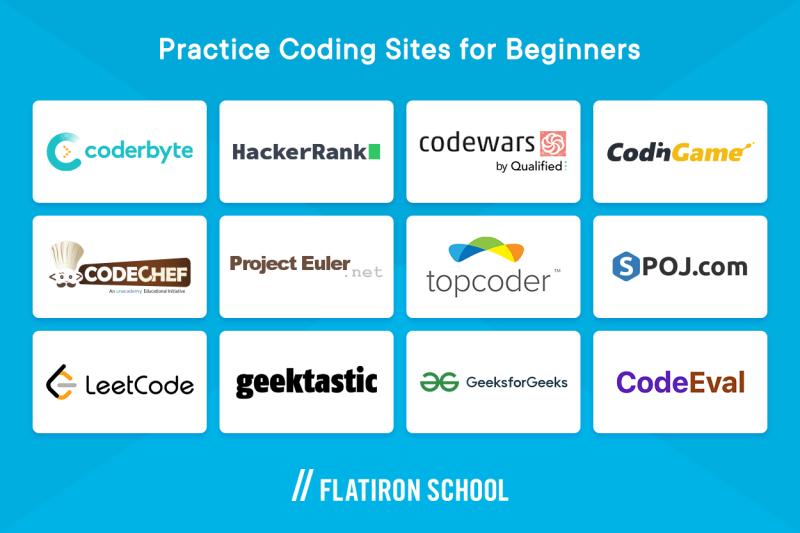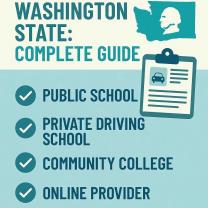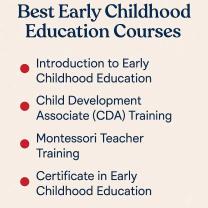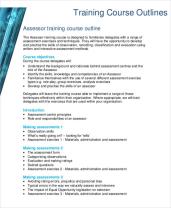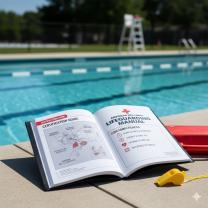What are the best online coding courses for beginners?
There are numerous online coding courses available for beginners, covering a variety of programming languages and technologies. Here are some highly recommended online coding courses for beginners:
Codecademy:
- Offers interactive coding lessons in various languages such as Python, JavaScript, HTML, CSS, and more.
- Hands-on coding exercises and projects.
Coursera - Python for Everybody:
- Created by the University of Michigan, this course is beginner-friendly and covers Python programming basics.
edX - Harvard's CS50x: Introduction to Computer Science:
- A popular introduction to computer science using the C language. It covers the fundamentals of programming and problem-solving.
Udacity - Intro to Programming Nanodegree:
- Provides a comprehensive introduction to programming, including Python, HTML, CSS, and JavaScript.
freeCodeCamp:
- A free and open-source platform that offers a hands-on approach to learning web development, including HTML, CSS, JavaScript, Node.js, React, and Databases.
Khan Academy - Computer Programming:
- Ideal for beginners, offering interactive JavaScript tutorials with a focus on drawing and animation.
SoloLearn:
- Offers bite-sized coding lessons in various languages, including Python, JavaScript, and more. It also has a mobile app for learning on the go.
The Odin Project:
- A free and open-source full-stack curriculum that covers HTML, CSS, JavaScript, Node.js, and more.
LinkedIn Learning - Programming Foundations: Fundamentals:
- Provides a solid foundation in programming concepts, suitable for beginners.
CS50's Introduction to Computer Science on edX:
- An introduction to computer science by Harvard University, covering C, Python, and SQL.
Udemy - Complete Python Bootcamp: Go from zero to hero in Python 3:
- A popular Python course on Udemy that covers Python fundamentals and includes hands-on projects.
Remember to choose a course based on your learning style, preferred programming language, and the specific area of programming you're interested in. Additionally, many of these platforms offer free trials or have free content, allowing you to explore and find the best fit for you.
What criteria distinguish the best online coding courses for beginners?
Choosing the best online coding course for beginners can be overwhelming with so many options out there. Here are some key criteria to distinguish the best ones:
Accessibility:
- Beginner-friendly: The course should be designed specifically for people with no prior coding experience. Avoid jargon and complex concepts initially.
- Clear and concise explanations: Concepts should be broken down into simple steps and explained in an easy-to-understand manner.
- Multiple learning styles: Cater to different learning styles with visuals, interactive elements, quizzes, and practical exercises.
Course Structure and Content:
- Solid foundation in core concepts: The course should cover fundamental programming principles like variables, data types, loops, conditionals, and functions.
- Practical application: Focus on hands-on learning through projects, coding challenges, and real-world examples.
- Gradual progression: Start with basic concepts and gradually increase difficulty as you progress.
- Relevant and up-to-date content: The course should use current technologies and libraries.
Platform and Support:
- User-friendly interface: The platform should be easy to navigate and use, even for beginners.
- Interactive environment: Encourage active learning through forums, communities, or Q&A sections.
- Responsive instructors or mentors: Provide access to instructors or mentors who can answer questions and offer guidance.
Additional factors:
- Cost and value: Consider your budget and the course's features and benefits. Free or affordable options are available, but paid courses may offer more comprehensive content and support.
- Reputation and reviews: Check the course provider's reputation and read reviews from previous students.
- Flexibility and time commitment: Choose a course that fits your schedule and learning pace.
Remember, the "best" course is subjective and depends on your individual learning style, goals, and budget. Research thoroughly, try out some free resources, and choose the course that feels right for you.
I hope this helps! Let me know if you have any other questions.
